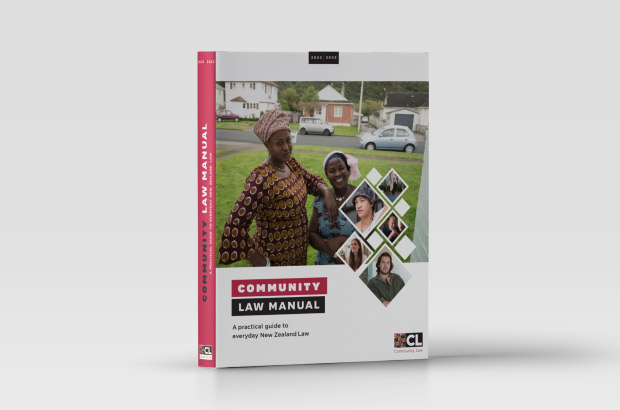Trouble with Work and Income: Penalties, investigations and overpayments
Being accused of benefit fraud: Work and Income investigations
When will Work and Income investigate a beneficiary?
The Fraud Investigations team at Work and Income investigates accusations that beneficiaries may have received income support that they’re not entitled to.
The two most common areas that are investigated are undeclared income and relationship status.
An investigation might begin after Inland Revenue shares income information with Work and Income (see: “Information sharing and matching between Work and Income and other government agencies”). Work and Income may also randomly select cases for investigation, or they may simply have a suspicion that a beneficiary is not entitled to what they are receiving.
What is relationship debt sharing?
Social Security Act 2018, ss 291, 360, 361
Work and Income can investigate and prosecute both the client and their partner for benefit fraud if they investigate and can show that the partner knew about and benefited from the fraud.
Note: The debt shared between you and your partner is debt from when you’re together as a couple. If you split up, the debt remains shared until it’s paid in full.
The investigation process
Social Security Act 2018, ss 6, 411–415, Sched 1, cl 10, Sched 2, Sched 6, cls 2–8
Work and Income have a very specific code of conduct relating to the investigation process.
The investigation unit must begin the investigation by giving you written notice at least 5 working days in advance (with the ability to extend if you need more time), so that you have time to provide them with the information they’re seeking. This information can include, for example:
- bank records
- employment details
- copies of any contracts – for example, with phone and power companies
- tenancy agreements
- school enrolment records.
Work and Income must start by asking you to provide this information. If you don’t respond within a reasonable time period (taking into account all your current life circumstances), and they have tried all avenues of getting the information from you including calling and emailing you, then they can request the information directly from a third party (for example, your employer, the bank, or the police). There are limitations on the types and breadth of information they can request from different parties. To download a copy of their Code of Conduct, go to Work and Income’s website, here (or got to workandincome.govt.nz and search “How to avoid benefit and housing fraud”).
However, Work and Income can go directly to a third party without asking you for the information first if they have reasonable grounds to believe that asking you directly could get in the way of the investigation (“prejudice the maintenance of the law”).
Note: If Work and Income tell you that they’re beginning an investigation, you should get advice and assistance immediately from a benefit-rights group or Community Law Centre (see: “Where to go for more support” at the bottom of this page)


